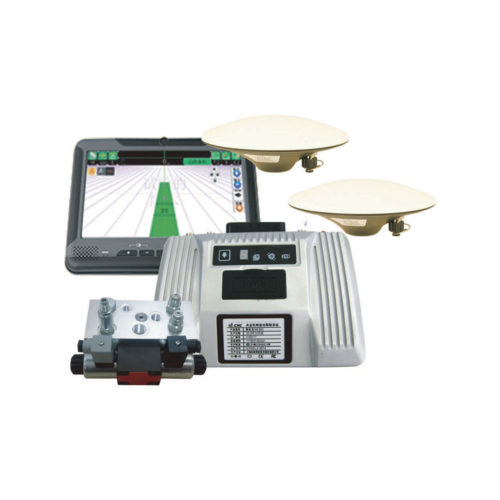Showing all 2 results
Precision agriculture, also known as precision farming or smart farming, is an approach to farming that utilizes technology and data analysis to optimize agricultural production. The goal of precision agriculture is to increase crop yields, improve efficiency in resource use, and reduce environmental impacts such as water and chemical usage. This is achieved by collecting and analyzing data on various factors affecting crop growth and implementing targeted actions based on the insights gained.
Key components and technologies involved in precision agriculture include:
- Global Positioning System (GPS): GPS technology is used to precisely locate and track farm machinery, as well as to map field boundaries and track variations in soil properties and crop health.
- Remote Sensing: Remote sensing technologies, such as satellite imagery, drones, and sensors, are used to monitor crop health, detect pests and diseases, assess soil moisture levels, and identify areas of stress within fields.
- Data Analytics and Decision Support Systems: Advanced data analytics techniques are employed to process the large volumes of data collected from various sources. Decision support systems help farmers interpret the data and make informed decisions about planting, irrigation, fertilization, pest control, and harvesting.
- Variable Rate Technology (VRT): VRT enables farmers to apply inputs such as water, fertilizers, and pesticides at variable rates across different areas of a field, based on soil and crop requirements identified through data analysis. This helps optimize resource utilization and minimize wastage.
- Automated Machinery and Robotics: Autonomous or semi-autonomous machinery and robots are used for tasks such as planting, seeding, spraying, and harvesting, enabling precise and efficient operations.
- Smart Irrigation Systems: These systems utilize data on soil moisture levels, weather forecasts, and crop water requirements to optimize irrigation scheduling and minimize water usage while maintaining crop health and productivity.
- Crop Monitoring and Management Software: Software platforms provide farmers with tools to monitor crop growth, manage field operations, analyze data, and make decisions remotely using computers or mobile devices.
Benefits of precision agriculture include increased crop yields, improved resource efficiency, reduced environmental impacts, lower production costs, and enhanced farm profitability. By leveraging technology and data-driven approaches, precision agriculture enables farmers to make more informed decisions and adapt to changing environmental conditions, ultimately contributing to sustainable and resilient agricultural practices.
Buy Precision agriculture products in Uzbekistan, in Tashkent




